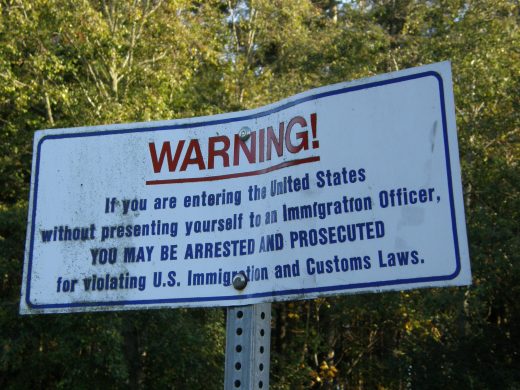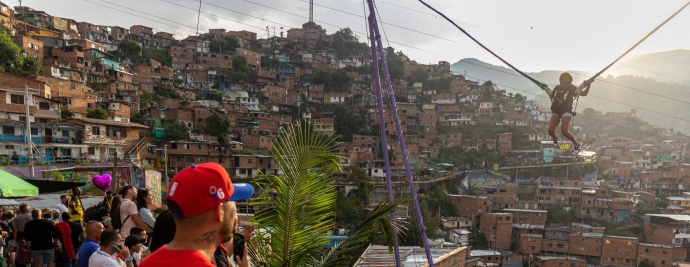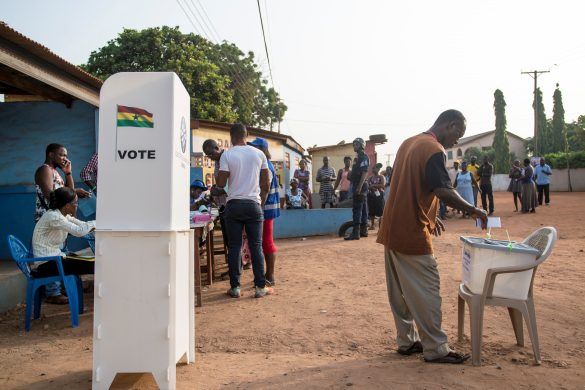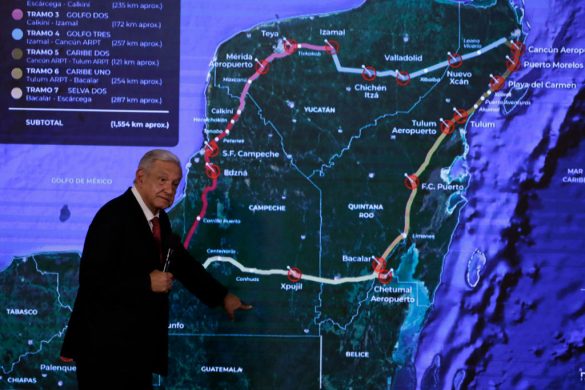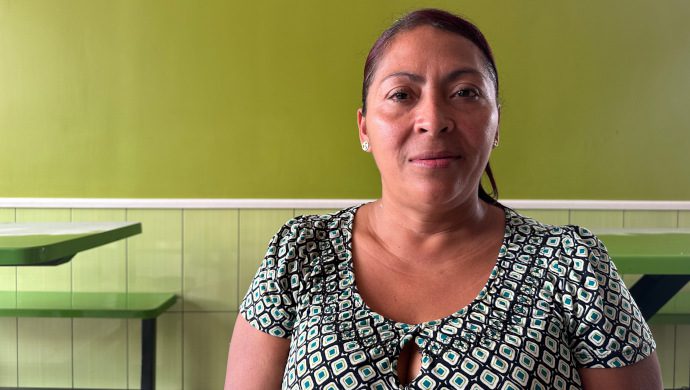Massive deportations from Mexico and the U.S. have failed to stem the tide of Central Americans fleeing endemic poverty combined with epidemic violence. Stepped up enforcement has diverted undocumented migration into more costly, circuitous and dangerous channels. Criminal gangs and the corrupt officials who enable them are the beneficiaries of a policy that forces desperate people to pay increasing sums to avoid detention, extortion or kidnapping.
Beefed-up border control inadvertently fuels human smuggling and fortifies criminal gangs that increasingly control that industry.
Governments must guarantee those fleeing violence the opportunity to seek asylum through fair, efficient procedures, while launching a major regional effort to provide security and economic opportunity in home countries.
Central American leaders, especially in the northern triangle of El Salvador, Guatemala and Honduras, must in turn address chronic insecurity more effectively while monitoring and assisting those deported, especially children and adolescents, so they have an option other than fleeing again.
Pushing the problem southwards
The humanitarian crisis of 2014, when the U.S. struggled to cope with a surge of undocumented migrants, especially unaccompanied children, was never resolved. It was just pushed southwards.
In fiscal year 2015, Mexico returned 166,000 Central Americans, including some 30,000 children and adolescents, while the U.S. deported over 75,000.
Though the acceptance rate has increased in 2016, it remains inadequate to protect the men, women and children whose lives and livelihoods are threatened by the criminals who dominate many impoverished communities.
Læs hele rapporten hos International Crisis Group

